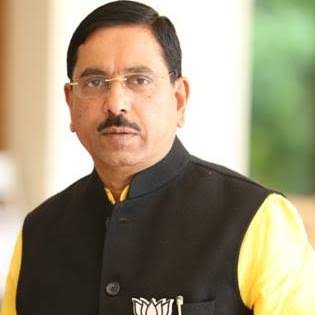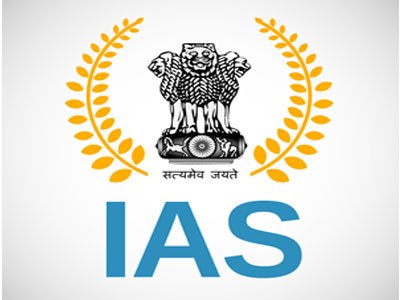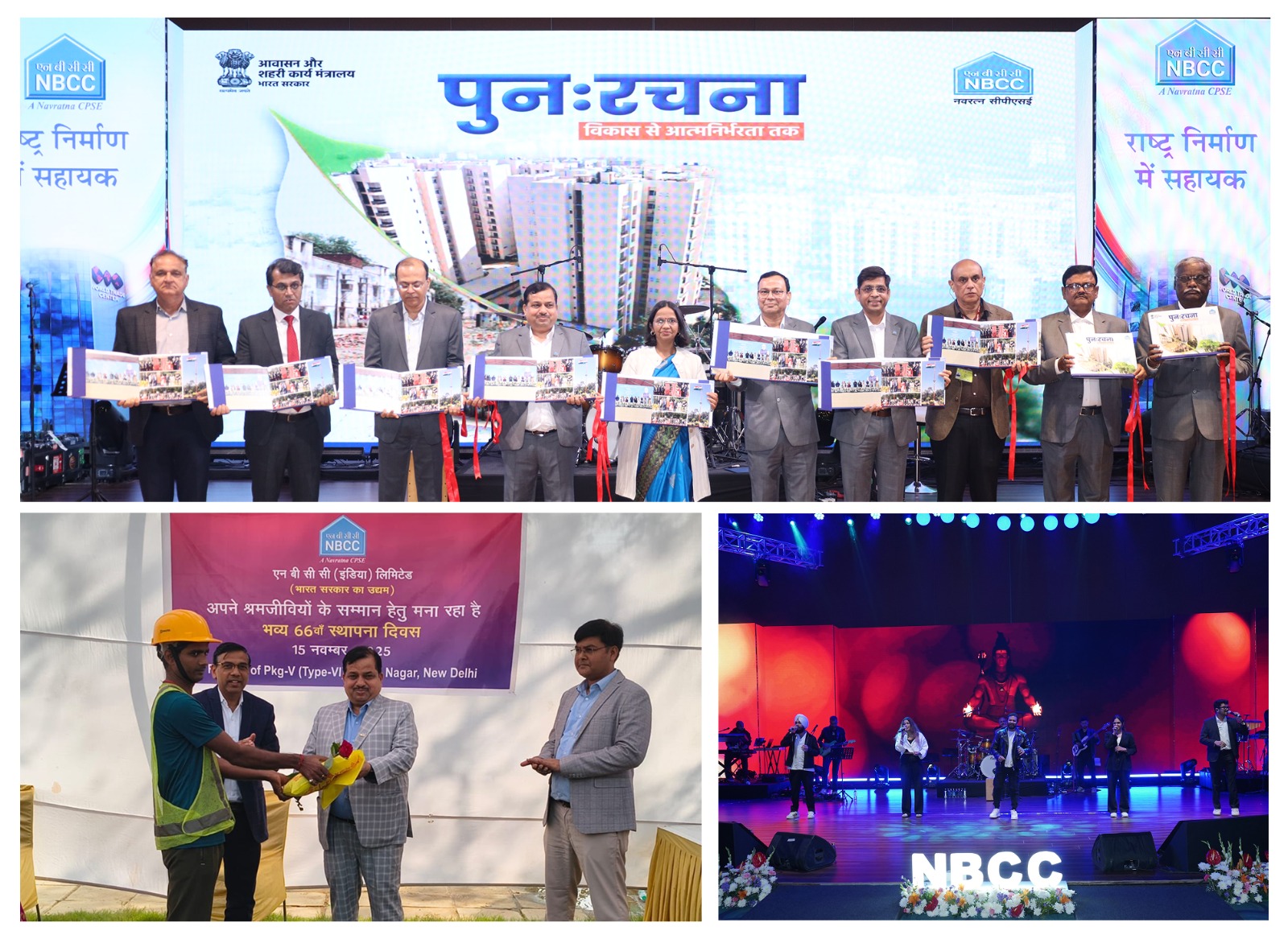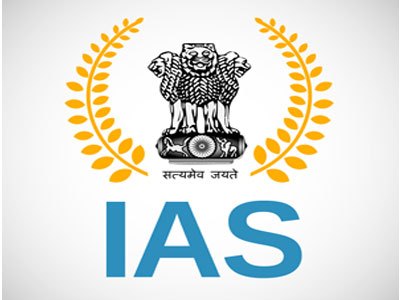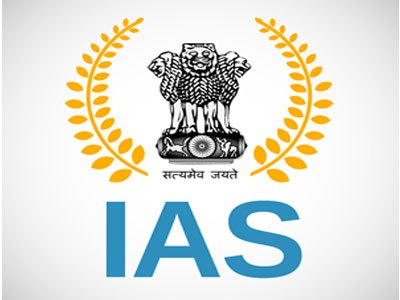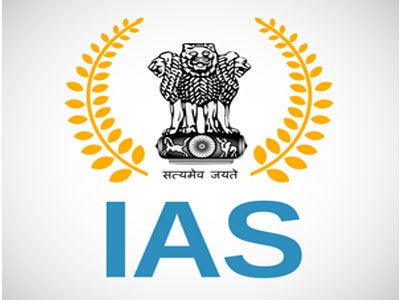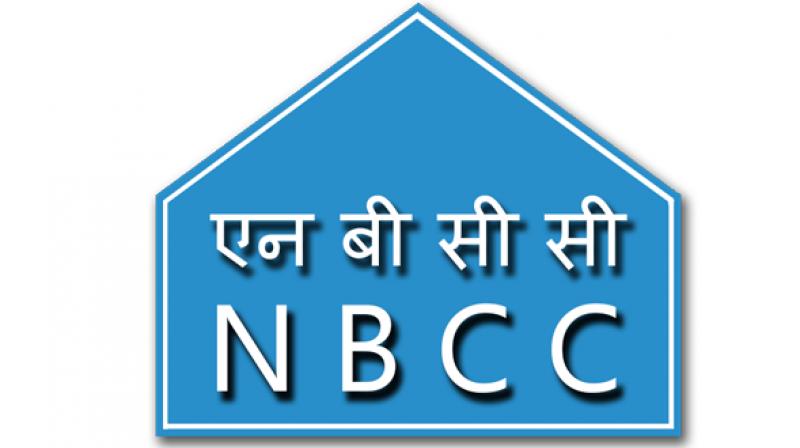Pralhad Joshi, today outlined five key priorities driving India’s clean energy transition- strengthened power purchase agreements (PPAs), robust grid and storage systems, domestic manufacturing, land-use optimisation, and enhanced access to finance.
Addressing Mercom India Renewables Summit in New Delhi, the Minister said that these strategic reforms are propelling India towards its 2030 target of 500 GW non-fossil capacity. Shri Joshi said that under the leadership of Prime Minister Shri Narendra Modi India is not only delivering on its commitments but accelerating them.
The Minister informed that India has already crossed 50% of its installed power capacity from non-fossil sources, five years ahead of its Nationally Determined Contribution (NDC) timeline. The current installed renewable energy capacity exceeds 245 GW, with 116 GW solar and 52 GW wind. The Minister cited the latest International Renewable Energy Agency (IRENA) study, noting that India’s renewable energy expansion in 2024 helped the country save nearly ₹4 lakh crore by avoiding fossil fuel imports and pollution-related costs. This includes $14.9 billion in fossil fuel savings, 410.9 million tonnes of CO₂ avoided, and $31.7 billion worth of health and air pollution benefits.
The government is facilitating this growth through landmark initiatives such as the PM Surya Ghar: Muft Bijli Yojana, which has received over 58.7 lakh applications and resulted in 17.2 lakh completed rooftop solar installations. To ensure financing and stability in the sector, a ₹5,400 crore Viability Gap Funding (VGF) scheme for 30 GWh of Battery Energy Storage Systems (BESS) has been launched, expected to draw ₹33,000 crore in investments.
A comprehensive transmission plan for evacuation of 500 GW of non-fossil capacity by 2030 has been formulated in coordination with the Ministry of Power, CEA, CTU, and POWERGRID. The Minister also announced expansion of the Approved List of Models and Manufacturers (ALMM) and the upcoming implementation of List-II for solar PV cells from June 2026. The ₹24,000 crore Production Linked Incentive (PLI) scheme is enabling India to build Aatmanirbharta in solar and wind manufacturing.
To promote innovation and responsible land use, the Ministry is supporting floating solar, canal-top solar, agrivoltaics, and projects in tribal and remote regions. MSMEs and startups are also being empowered to drive clean energy innovations at scale. Further, the National Green Hydrogen Mission is progressing rapidly, with ₹19,744 crore outlay, allocation of 3,000 MW electrolyser capacity, and approval of over 8.6 lakh tonnes per annum of green hydrogen production.
About Mercom Renewable Summit
The Mercom India Renewables Summit is an exclusive event that brings together key stakeholders across the renewables sector. The event is supported by the Solar Energy Corporation of India, Skill Council for Green Energy Jobs, Energy Storage Alliance in India, Renewable Energy Society of India, Digital Infrastructure Providers Association, and Indian Solar Manufacturers Association.
